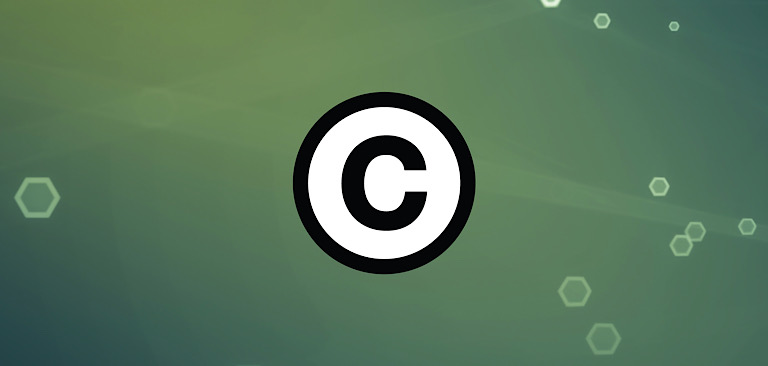Germany’s new copyright reform proposal related to Article 17 of the European Union (EU) Copyright Directive (formerly Article 13) will prevent internet users from challenging copyright claims against memes in many circumstances.
Article 17 requires large platforms that host user-generated content to ensure that their users don’t upload copyrighted material and has faced heavy pushback ever since it was proposed.
One of the main criticisms of Article 17 is that the only way for platforms with millions of users to assess copyrighted material at scale is through the use of automated systems. These systems are notoriously overzealous when flagging memes, parodies, criticism, and other types of work that qualify for fair use – a provision in copyright law that allows copyrighted material to be used if it meets certain criteria such as being “transformative.”
As a result, several countries, including Germany, have decided to rely on upload filters for their implementation of Article 17. These upload filters scan user-generated content as it’s uploaded and then flag any content that they deem to contain copyrighted material.
These upload filters alone are problematic, prone to false positives, and don’t have the nuance to understand fair use when they detect copyrighted material.
But despite all its problems, Article 17 does at least offer some protection for memes by requiring upload filters to not block legal content. This means that any implemented upload filters should have a mechanism that ensures memes and other user-generated content that qualifies for fair use aren’t blocked by the filters.
Germany’s initial proposal for complying with this requirement was to allow users to pre-flag content that they believed to be legal and then this content wouldn’t be blocked by upload filters.
But in its latest copyright reform proposal, Germany’s Ministry of Justice has scaled back this pre-flagging idea and is suggesting that users only be allowed to flag copyrighted content that they believe to be legal when real-time upload filters detect copyrighted material during the initial upload. This means that if the upload filters don’t detect copyrighted content during the initial upload but the content is later hit with a manual copyright claim, users have no way to challenge the claim.
Julia Reda, a politician, researcher, and digital rights activist who has been a vocal critic of the EU Copyright Directive, notes that this new draft law “does not provide any protection against false blocking” and will “inevitably lead to the illegal blocking” of legal content.
Reda adds that this draft flaw fails to meet several requirements of Article 17. First, it fails to meet the requirement to not block legal content. Second, by forcing platforms to scan for copyrighted material in real-time at the point of upload, the draft law ignores the requirement of Article 17 that platforms must not be forced to use a particular technical solution if it’s too costly compared to their revenue.
Additionally, Reda suggests that the requirement to use upload filters could become a barrier to market entry because only a small number of Big Tech companies have the technical capabilities to create these real-time filters.
YouTube’s copyright system, which does allow users to challenge copyright claims, is notorious for the way false or questionable copyright claims can be used to censor creators and put their channels at risk of deletion.
Germany’s draft copyright reform would seemingly take all the worst parts of YouTube’s system, make it even worse by removing the ability to dispute false claims, and then unleash this system on a much broader range of user-generated content.
The draft law is one of many developments in the escalating war on memes.
Several new technologies and systems, such as a new Facebook tool which lets users claim and takedown images and Facebook’s artificial intelligence (AI) which is being trained to censor “hateful memes”, are making it increasingly harder for internet users to post memes.
Big Tech platforms are also restricting the spread of memes on their platforms by “fact-checking” them or censoring them by claiming that certain memes violate their rules.








